Understanding Corn Syrup And Glucose Syrup
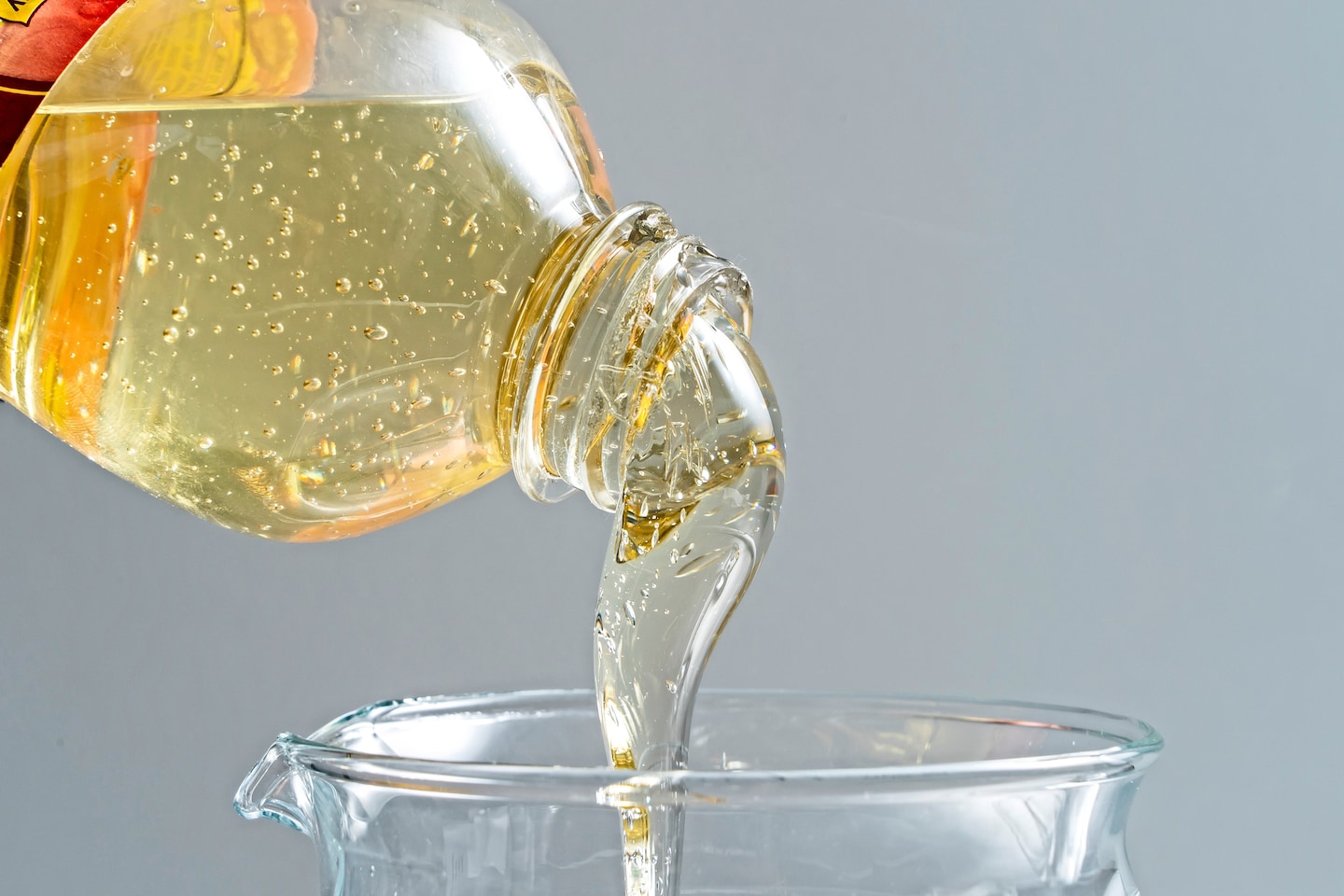
Corn syrup and glucose syrup are two common sweeteners used in the food industry. While both syrups are derived from starches, they have distinct differences in terms of composition and production process. Corn syrup is made entirely from corn, while glucose syrup can be made from a variety of sources. Additionally, corn syrup contains a higher amount of glucose and fructose, making it sweeter than glucose syrup. These differences in sweetness and composition impact their taste, texture, and functionality in various culinary applications. Understanding these differences is essential for choosing the right syrup for specific recipes and dietary needs.
Corn Syrup Vs Glucose Syrup: Definition And Composition
Corn syrup and glucose syrup are widely used sweeteners in the food industry. Corn syrup is a type of glucose syrup that is derived from cornstarch. It primarily consists of glucose and some fructose. On the other hand, glucose syrup can be made from various sources like wheat, rice, or potatoes. It is also mainly composed of glucose. Both syrups are viscous liquids with a clear appearance. They are commonly used as sweetening agents in a wide range of food products, including beverages, baked goods, and confectionery items. These syrups play a crucial role in providing sweetness, texture, and mouthfeel to these products.
Corn Syrup Vs Glucose Syrup: Production Process And Sources
Both corn syrup and glucose syrup are produced through a similar process called hydrolysis. For corn syrup, cornstarch is first treated with enzymes to break down the starch molecules into shorter chains of glucose called hydrolyzed cornstarch. This hydrolyzed cornstarch is further processed to remove impurities and create a colorless and clear syrup known as corn syrup.
Glucose syrup, on the other hand, can be derived from various sources such as wheat, rice, or potatoes. The chosen source is first ground and treated with enzymes to convert the starch into glucose. The resulting mixture is then purified and concentrated to obtain glucose syrup.
The production process for both syrups ensures that the starch is broken down into glucose, the main component of both corn syrup and glucose syrup. This allows them to serve as effective sweetening agents in various food products.
Sweetness And Flavor Profile
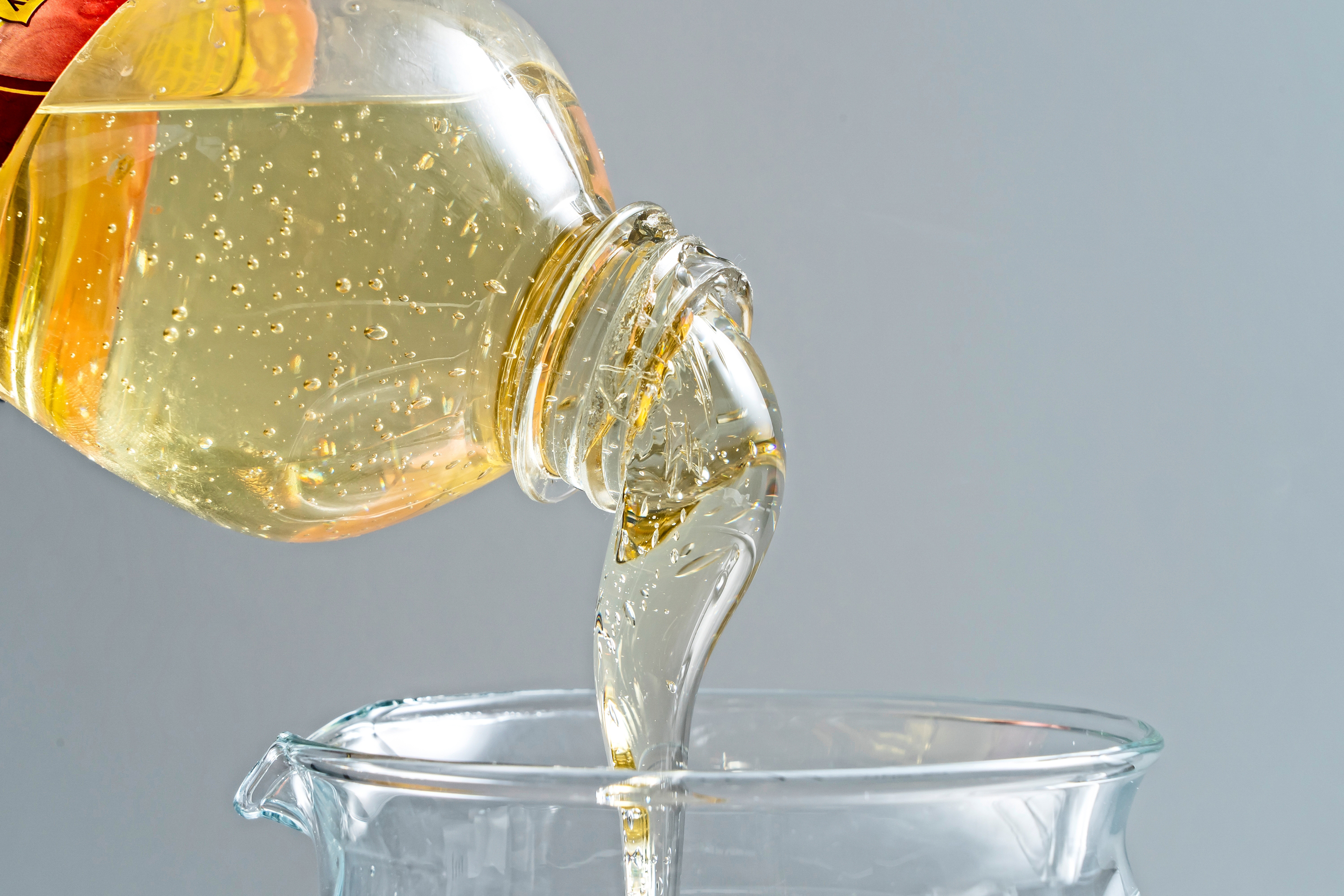
When it comes to sweetness, corn syrup and glucose syrup have distinct profiles. Corn syrup tends to be sweeter than glucose syrup, thanks to its higher fructose content. This sweetness adds a rich and smooth taste to foods and beverages. On the other hand, glucose syrup provides a milder sweetness, making it suitable for products that require a subtle flavor enhancement. Both syrups contribute to the overall flavor profile of various recipes, imparting a touch of sweetness that can enhance the taste of desserts, sauces, dressings, and more.
Corn Syrup Vs Glucose Syrup: Sweetness Level Comparison
Corn syrup and glucose syrup have distinct levels of sweetness. Corn syrup is known to be sweeter than glucose syrup due to its higher fructose content. The rich and smooth taste of corn syrup adds a delightful sweetness to foods and beverages. On the other hand, glucose syrup provides a milder level of sweetness, making it suitable for products that require a more subtle flavor enhancement. The choice between corn syrup and glucose syrup depends on the desired level of sweetness and the specific recipe requirements.
Corn Syrup Vs Glucose Syrup: Impact On Taste And Texture
When it comes to taste and texture, both corn syrup and glucose syrup have their own unique qualities. Corn syrup, with its higher fructose content, provides a rich and smooth taste that adds a delightful sweetness to foods and beverages. It also helps to create a soft and moist texture in baked goods, such as cakes and cookies.
On the other hand, glucose syrup offers a milder level of sweetness, making it suitable for products that require a more subtle flavor enhancement. It contributes to a smooth and creamy texture, making it ideal for applications like ice cream and candies.
Ultimately, the choice between corn syrup and glucose syrup depends on the desired taste and texture outcome of the final product.
Nutritional Value And Health Considerations
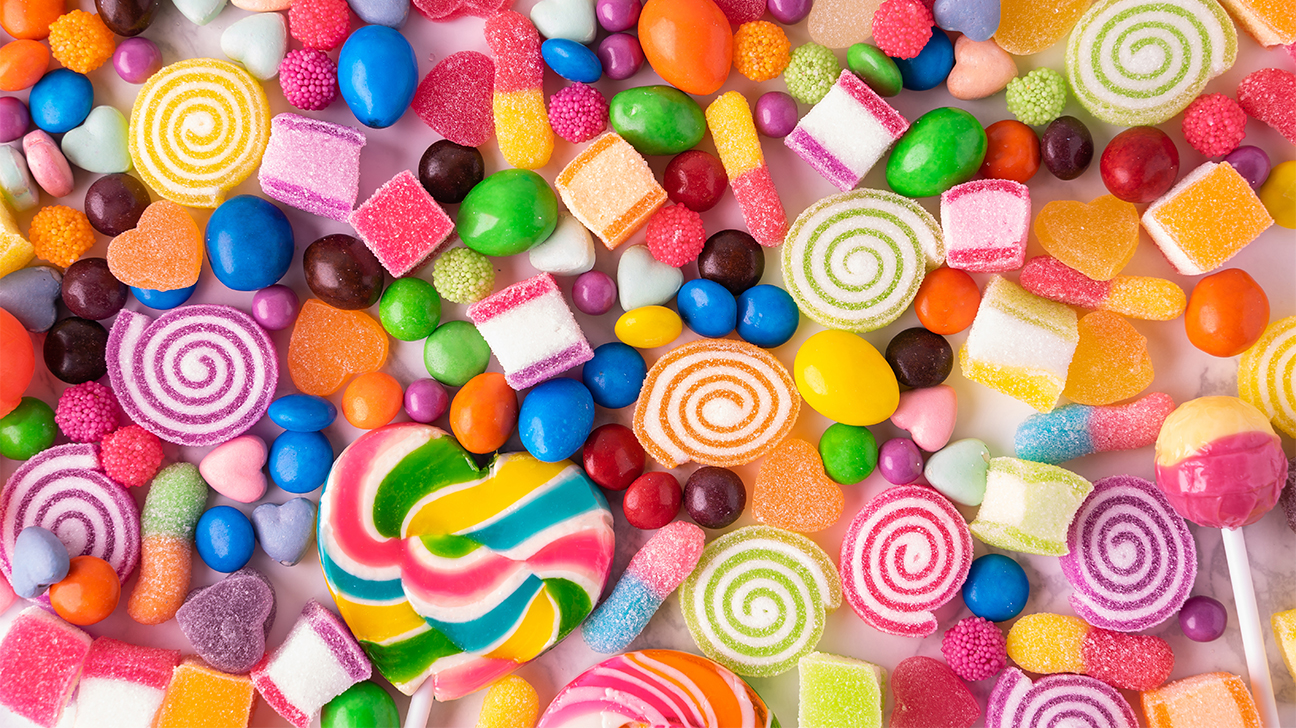
When comparing corn syrup and glucose syrup in terms of nutritional value, both syrups offer very few health benefits. Neither syrup contains a significant amount of vitamins or minerals. Additionally, both corn syrup and glucose syrup have a high sugar content, which can contribute to weight gain and negatively impact blood sugar levels if consumed in excess. It is important to note that excessive consumption of added sugars, including corn syrup and glucose syrup, has been linked to a higher risk of obesity, type 2 diabetes, and other health problems. It is recommended to consume these syrups in moderation and opt for natural sugars found in fruits and vegetables for a healthier diet.
Corn Syrup Vs Glucose Syrup: Calories And Carbohydrates Content
When comparing the calorie and carbohydrate content of corn syrup and glucose syrup, it is important to note that both syrups are high in calories and carbohydrates. Corn syrup typically contains about 60 to 70 calories per tablespoon and approximately 17 to 20 grams of carbohydrates. On the other hand, glucose syrup can have a slightly lower calorie count of around 56 to 59 calories per tablespoon, with a similar carbohydrate content of 15 to 20 grams. These sweeteners provide a concentrated source of energy but should be consumed in moderation to avoid excessive calorie intake.
Corn Syrup Vs Glucose Syrup: Effects On Blood Sugar Levels And Metabolism
Both corn syrup and glucose syrup have a significant impact on blood sugar levels and metabolism. Due to their high carbohydrate content, these syrups can cause a rapid increase in blood sugar levels when consumed. This can lead to spikes in insulin production and potential issues for individuals with diabetes or insulin resistance. Additionally, the metabolism of these syrups differs slightly, with glucose syrup being metabolized more quickly than corn syrup. As a result, glucose syrup may provide a more immediate source of energy, while corn syrup may be digested and absorbed at a slightly slower pace. It is important for individuals to monitor their sugar intake and consider alternatives if necessary.
Culinary Applications And Functionality
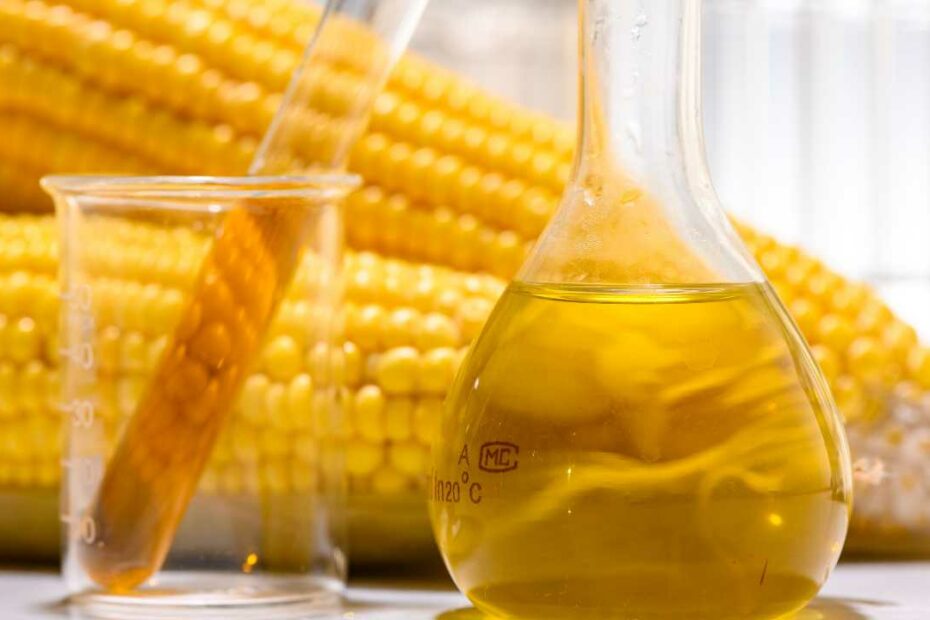
Culinary Applications and Functionality: Corn syrup and glucose syrup both have a wide range of culinary applications due to their sweetening properties and functional characteristics. They are commonly used in baking and confectionery to provide moisture, sweetness, and a smooth texture. Corn syrup is often used in recipes for candies, caramel sauces, and pecan pies, as it helps prevent crystallization and gives a chewy texture. Glucose syrup, with its high viscosity, is commonly used in fondants, ice creams, and syrups to enhance flavor and improve texture. Both syrups play a crucial role in food processing, adding sweetness and aiding in binding properties, making them essential ingredients in the food industry.
Corn Syrup Vs Glucose Syrup: Usage In Baking And Confectionery
Both corn syrup and glucose syrup have a wide range of culinary applications in the baking and confectionery industry. These syrups are commonly used to provide moisture, sweetness, and a smooth texture to various desserts and sweets.
Corn syrup is often used in recipes for candies, caramel sauces, and pecan pies, as it helps prevent crystallization and gives a chewy texture to treats. On the other hand, glucose syrup, with its high viscosity, is commonly used in fondants, ice creams, and syrups to enhance flavor and improve texture.
Both syrups play a crucial role in food processing, adding sweetness and aiding in binding properties, making them essential ingredients in the food industry.
Corn Syrup Vs Glucose Syrup: Binding And Preserving Properties
Both corn syrup and glucose syrup have excellent binding and preserving properties in the culinary world. They act as natural stabilizers and thickeners, helping to hold ingredients together and prevent separation. These syrups have high viscosity, which means they can create a smooth and cohesive texture in various recipes. Additionally, they are hygroscopic, meaning they can absorb and retain moisture, preserving the freshness and extending the shelf life of baked goods and confections. The binding and preserving properties of corn syrup and glucose syrup make them essential ingredients in the food industry.
Corn Syrup And Glucose Syrup In Food Industry
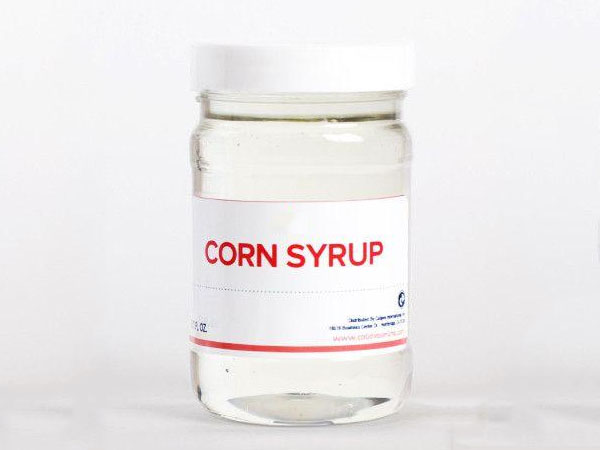
Corn syrup and glucose syrup play significant roles in the food industry. They are commonly used as sweeteners, thickeners, and binding agents in a wide range of food products. In baking, they help to create moist and tender textures in cakes, cookies, and pastries. They are also crucial ingredients in confectionery, providing a smooth and creamy consistency in candies, chocolates, and frostings. Both syrups are widely available in the market and are often used as alternatives to each other in various recipes. Their versatility and functionality make them indispensable in the food processing industry.
Corn Syrup Vs Glucose Syrup: Common Uses In Food Processing
Both corn syrup and glucose syrup have widespread usage in the food processing industry. They are commonly utilized as sweeteners, thickeners, and binding agents in a variety of food products. In baking, they contribute to moist and tender textures in cakes, cookies, and pastries. In confectionery, they help provide a smooth and creamy consistency in candies, chocolates, and frostings. Additionally, they are used in the production of beverages, sauces, and dressings to enhance flavor and texture. Their versatility and functional properties make corn syrup and glucose syrup indispensable ingredients in the food processing industry.
Corn Syrup Vs Glucose Syrup: Availability And Alternatives
When it comes to availability, both corn syrup and glucose syrup are widely accessible in the market. They can be found in most grocery stores, baking supply shops, and online retailers. However, it’s important to note that corn syrup is more commonly available and has a broader range of applications in various recipes.
As for alternatives, there are a few options that can be used as substitutes for corn syrup and glucose syrup. Some popular alternatives include honey, maple syrup, agave nectar, and molasses. These alternatives can provide similar sweetening properties and viscosity, although they may impart a slightly different flavor to the final product. It’s always a good idea to experiment and find the best alternative that suits your specific recipe and taste preferences.
Conclusion

In conclusion, when it comes to choosing between corn syrup and glucose syrup, it is important to consider their differences in sweetness, flavor profile, nutritional value, and functionality in various culinary applications. While both syrups can be used interchangeably in most recipes, corn syrup tends to be sweeter and more commonly available. However, for those seeking alternatives, options like honey, maple syrup, agave nectar, and molasses can provide similar properties. Ultimately, the choice between corn syrup and glucose syrup depends on personal taste preferences and specific recipe requirements.
Corn Syrup Vs Glucose Syrup: Final Thoughts On Sweetness And Usability
In conclusion, when comparing corn syrup and glucose syrup, their sweetness levels and flavor profiles play a significant role in determining their usability. Corn syrup, with its higher sweetness level, is often preferred in recipes that require a stronger and more intense sweetness. On the other hand, glucose syrup offers a milder and more balanced sweetness, making it a versatile option in various culinary applications. Both syrups can be used interchangeably, depending on personal taste preferences and recipe requirements. Whether it’s enhancing the taste of baked goods or preserving the texture of confections, corn syrup and glucose syrup provide valuable contributions to the food industry.
Future Trends And Considerations In The Syrup Industry
In the ever-evolving food industry, the syrup industry is also impacted by evolving trends and considerations. One such trend is the growing demand for natural and healthier alternatives to traditional sweeteners. As consumers become more health-conscious, they are seeking syrups that are free from artificial additives or high fructose corn syrup. Manufacturers are responding to this demand by offering organic and natural syrup options, made from ingredients such as agave, maple, or fruit juice concentrate. Another consideration is sustainability, as companies are exploring more eco-friendly packaging and sourcing practices to reduce their environmental footprint. Additionally, there is a rising interest in unique and exotic flavors, leading to the introduction of syrups made from ingredients like ginger, lavender, or cinnamon. The syrup industry will continue to innovate and adapt to meet changing consumer preferences and tastes.
FAQ About Corn Syrup Vs Glucose Syrup: Sweetness Unveiled In The Battle Of Syrups
Q: What is the main difference between corn syrup and glucose syrup?
A: The main difference lies in their sources. Corn syrup is derived from cornstarch, while glucose syrup is typically made from wheat, maize, rice, or potatoes.
Q: Are corn syrup and glucose syrup equally sweet?
A: Corn syrup is generally sweeter than glucose syrup, as it contains a higher concentration of maltose and glucose. Glucose syrup, on the other hand, is less sweet and is often used as a thickening agent.
Q: Can corn syrup and glucose syrup be used interchangeably in recipes?
A: While both syrups are forms of sweeteners, they have different properties. Corn syrup is best for adding sweetness and moisture to recipes like candies and desserts, while glucose syrup is ideal for preventing crystallization in confectionery and making syrups and sauces.
Q: Are corn syrup and glucose syrup healthy?
A: Both syrups are high in calories and can contribute to health issues when consumed in excess. Corn syrup has been linked to obesity and diabetes due to its high fructose content, while glucose syrup can spike blood sugar levels quickly if consumed in large amounts.
Q: Which syrup is better for individuals with dietary restrictions?
A: Glucose syrup is often preferred for those with dietary restrictions, such as gluten intolerance, as it is commonly gluten-free. However, it’s essential to check the label for any other allergens or additives present in the syrup.
Q: How do corn syrup and glucose syrup affect the texture of baked goods?
A: Corn syrup helps in retaining moisture and creating a chewy texture in baked goods, making them softer and more tender. Glucose syrup, with its thickening properties, can enhance the texture of frostings, fillings, and icings by preventing them from becoming too hard or too runny.
Q: Can corn syrup and glucose syrup be used in beverages?
A: Both syrups can be used in beverages to add sweetness and texture. Corn syrup is commonly used in sweetening soft drinks and cocktails, while glucose syrup is preferred for making clear syrups and enhancing the mouthfeel of beverages like shakes and smoothies.

Duke City Kitchen, known for its fresh, simple, and delicious cuisine, has a rich history deeply rooted in the heart of the local food scene. Since its inception, Duke City Kitchen has been dedicated to providing an exceptional dining experience that celebrates the region’s flavors. Founded by a passionate group of food enthusiasts, Duke City Kitchen opened its doors with the vision of offering a welcoming space where people could gather to enjoy thoughtfully prepared meals made from the finest, locally sourced ingredients. This commitment to quality and community has been a driving force behind Duke City Kitchen’s success.